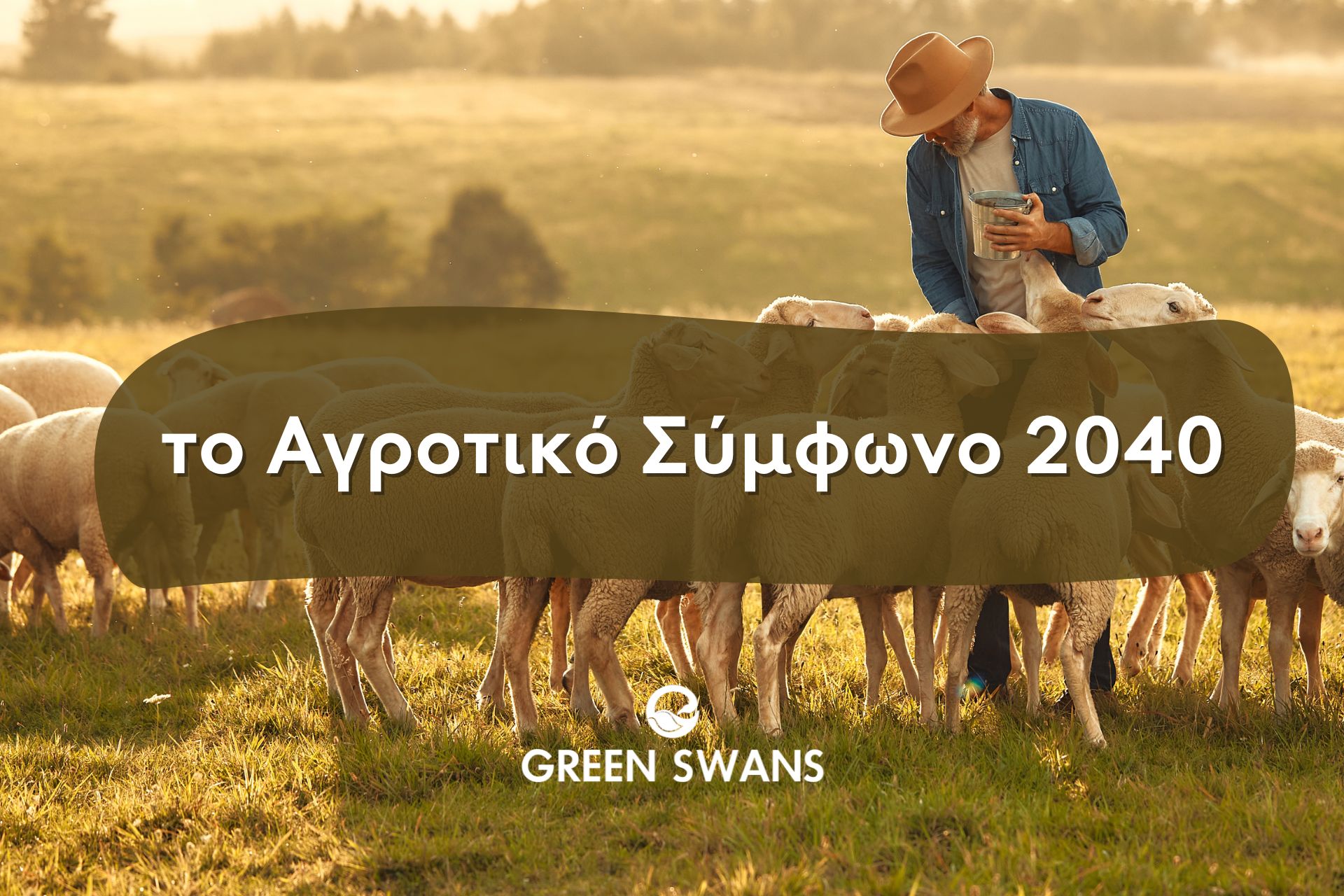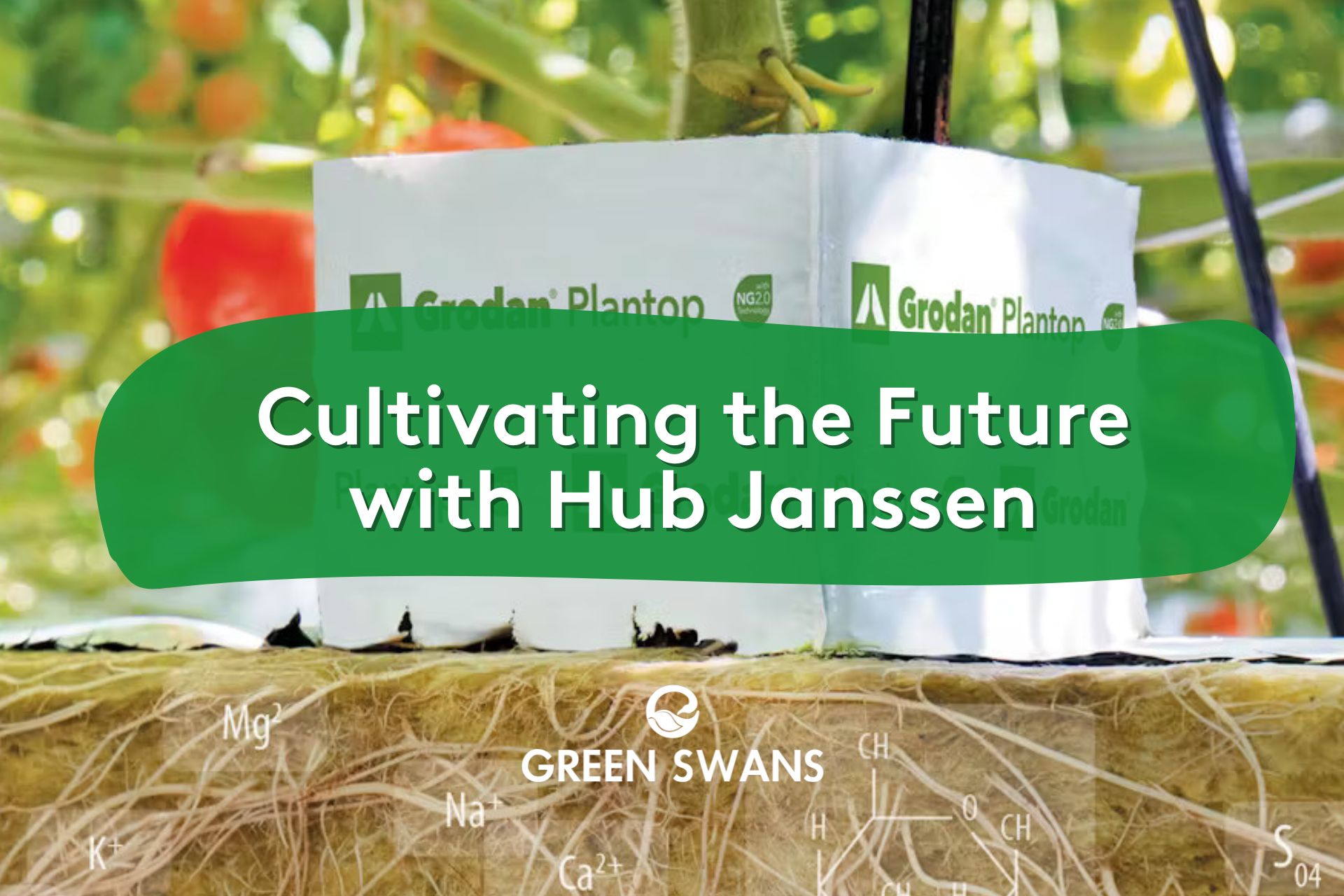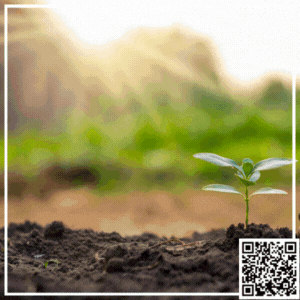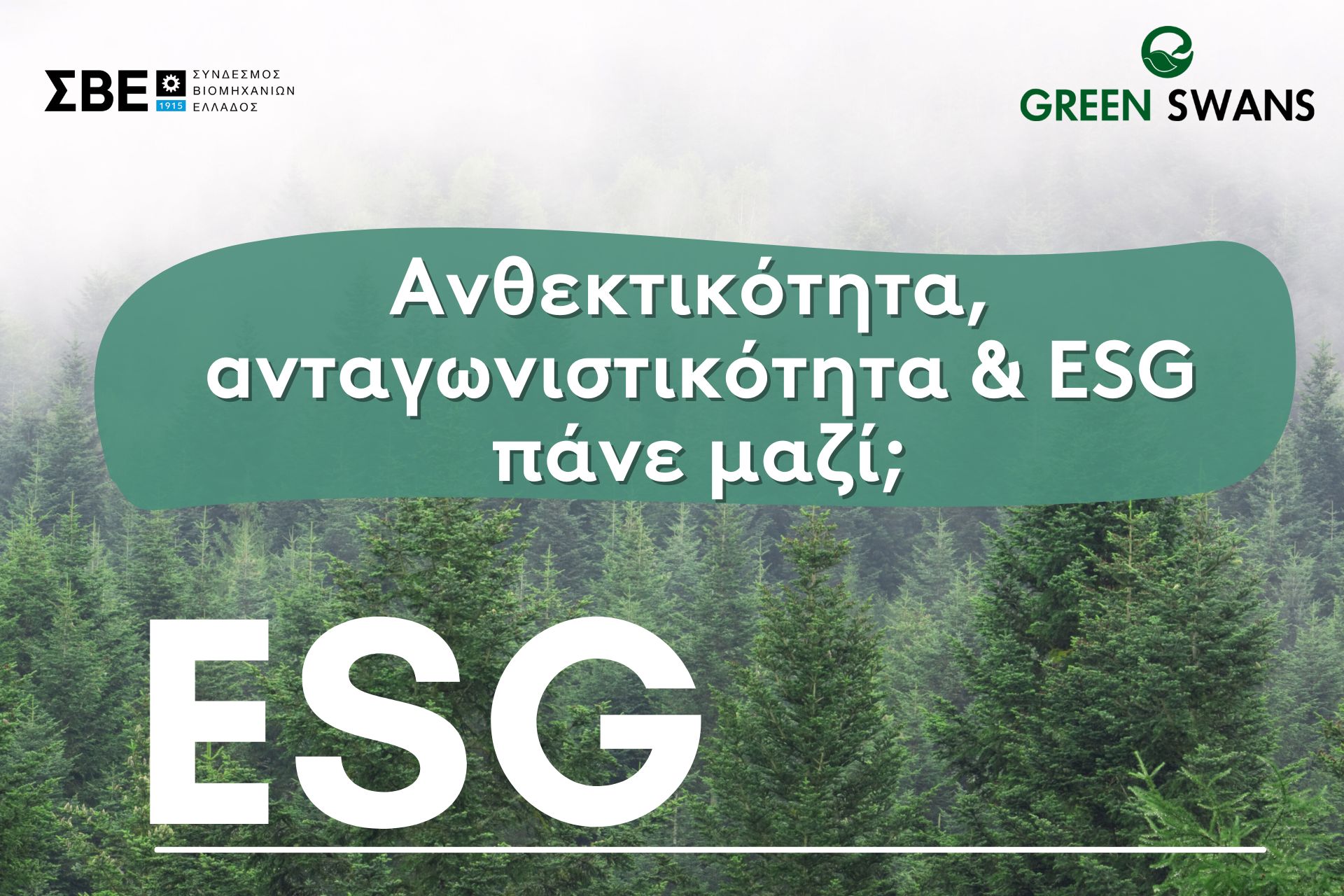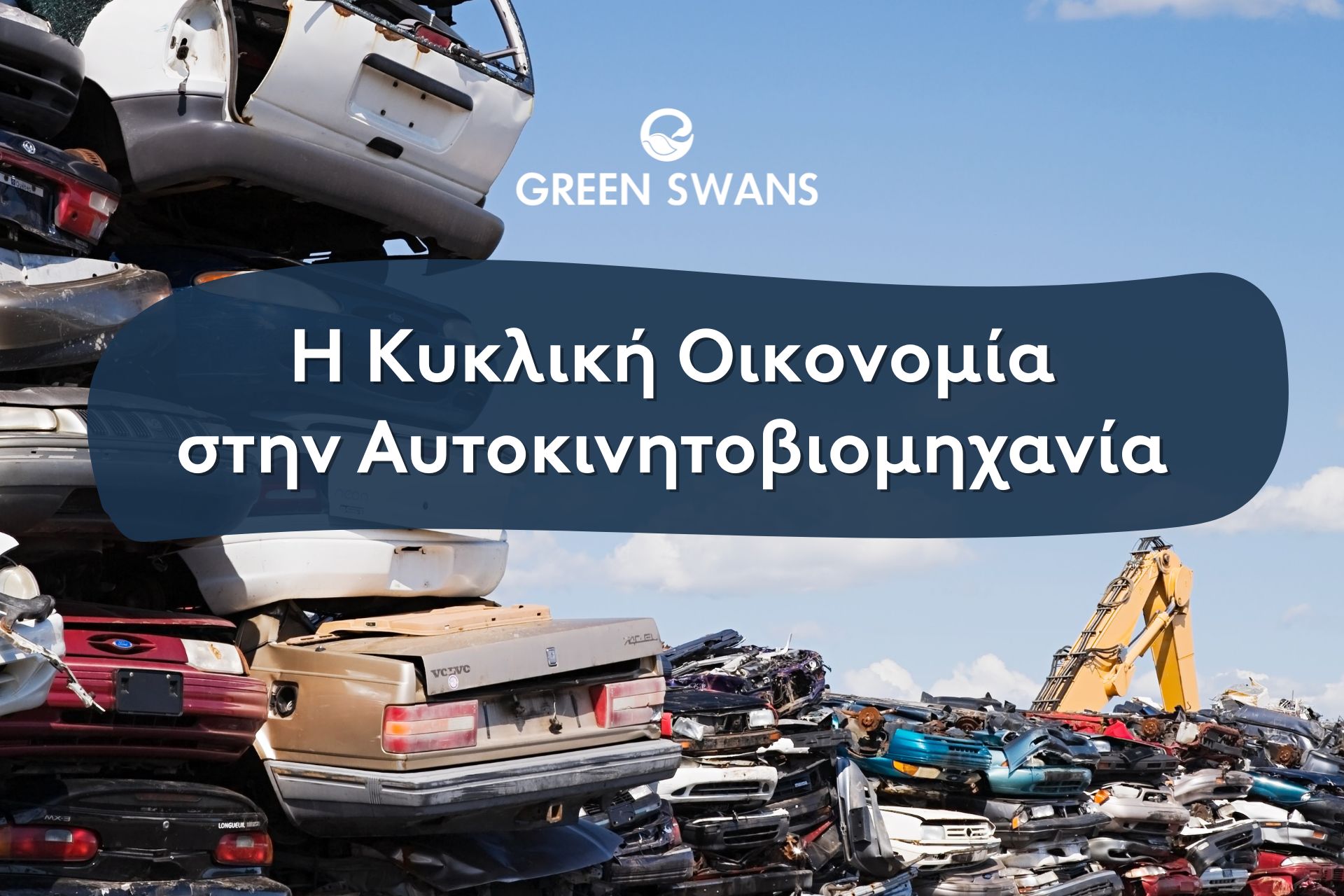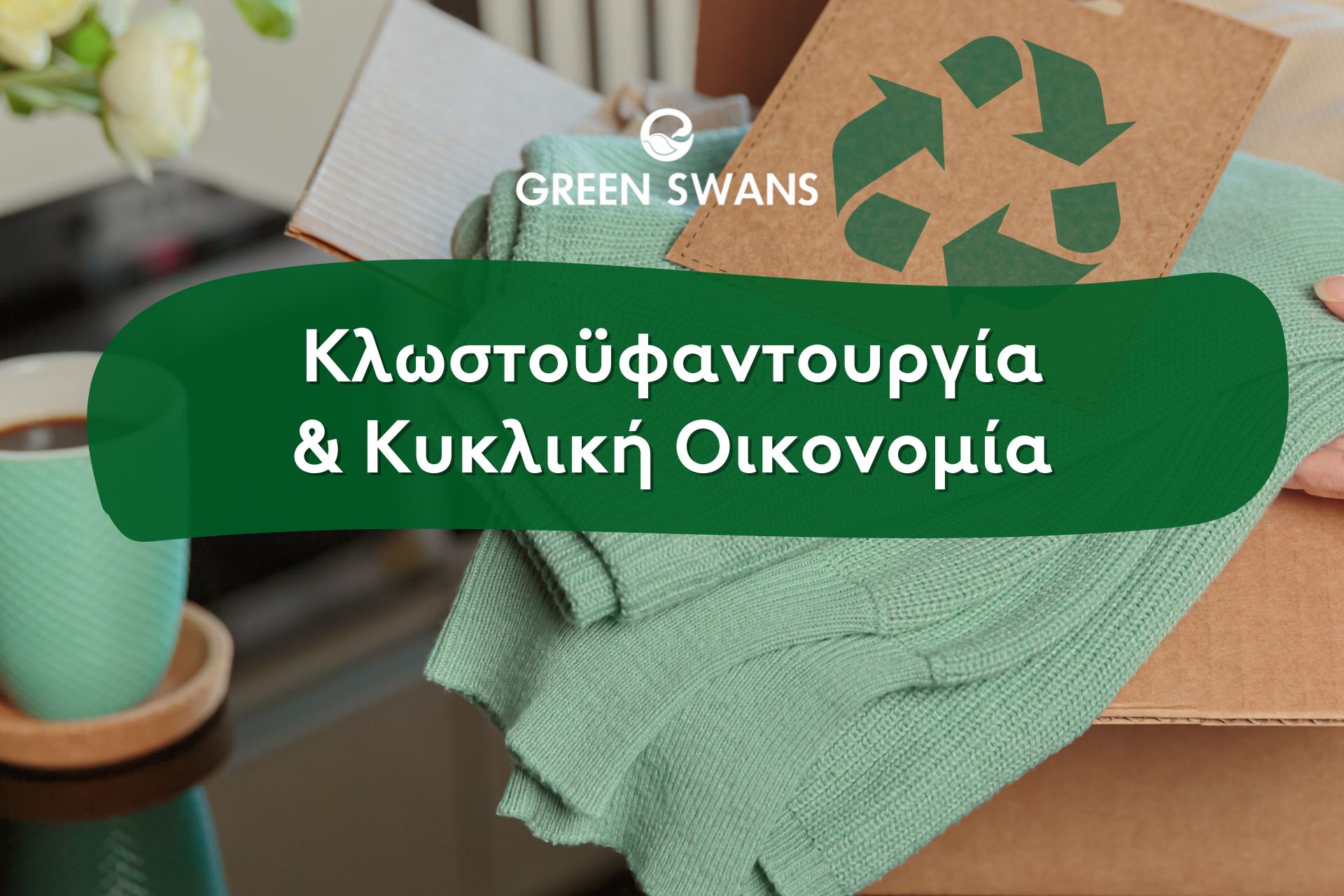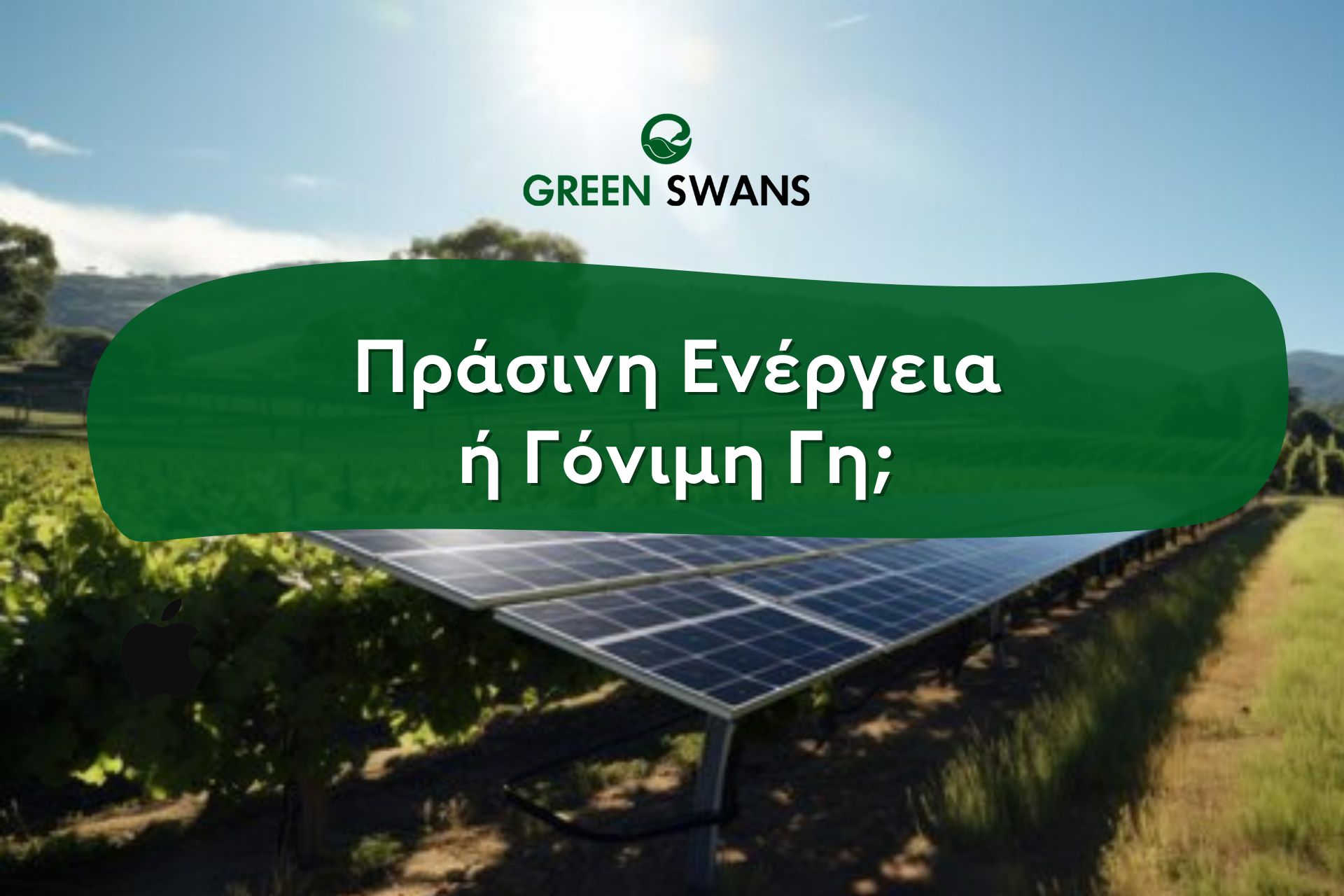The Future of Growing: A Deep Dive with Grodan CEO Hub Janssen
Interview by Chris Katsanos | ESG Food Chain Entrepreneur & editor-in-chief of Green Swans portal
Coming Home
Some conversations feel less like interviews and more like returns. For me, this one was both.
I first crossed paths with Grodan in 1993, when hydroponics was still a foreign word in Greek agriculture. We built the first large-scale hydroponic greenhouses in Corfu, Greece at then time, and since then, my journey has intertwined with Grodan’s from the Balkans to Cyprus to Egypt.
So sitting here, at Grodan headquarters in Roermond, feels oddly familiar. Across from me is Hub Janssen, Grodan’s CEO, a man who has led the company for over two decades and helped shape the modern face of sustainable horticulture.
Our conversation today spans not just technology, but philosophy: discipline, fear, resilience, and the promise of feeding eight billion people.
Q: Hub, my audience knows you as the CEO of Grodan. But I want to begin with you, the person. What experiences or values have shaped the way you lead and think about the future of horticulture?
Hub Janssen:
That’s a wonderful place to start.
I think discipline is at the heart of who I am. My father studied to become a priest, he didn’t end up one, thankfully, otherwise I wouldn’t be here, but the discipline he learned in those years shaped our whole family. He was sent to boarding school at twelve. They woke at five, prayed, ate porridge, and repeated the same routine every day. He never ate porridge again, but he taught me structure, perseverance, to get up, even when you don’t feel like it.
The second lesson came from fear. Years ago, I had a near plane crash in Barcelona. After that, I couldn’t fly. It paralyzed me. But I needed to fly for my job. So I went to a psychologist, who said something I’ll never forget: “You cannot trust your feelings.”
He told me to write down what I felt in a fearful moment, then later compare it to reality. And I discovered he was right. Emotions often mislead. That taught me to be fact-based, to separate reaction from reality.
And finally, I simply love people. I gain energy from working with them, coaching them, growing with them.
“That’s not learned, it’s innate!”
Q: Let’s move to the bigger picture. When you think of the greenhouse industry, do you see it as part of agriculture, or as something entirely new, a vital link in the global food chain?
Janssen:
That’s a fascinating question.
Greenhouses, or what we now call controlled environment agriculture (CEA), are far more efficient than open-field farming. You can produce all year round, use about 75% less land, and save immense amounts of water and nutrients.
But here’s the deeper point: by using less land, we give nature space back. Humanity has already destroyed about 90% of global biomass. So if we want this planet to recover, we must grow smarter, not bigger.
Greenhouses also bring security. Climate change is devastating harvests across the world. Crops die before they reach the shelf. In a greenhouse, you protect food from the chaos of weather. It’s not just about yield, it’s about certainty.
“So yes, it’s agriculture, but reimagined, efficient, secure, and far more respectful of the planet.“
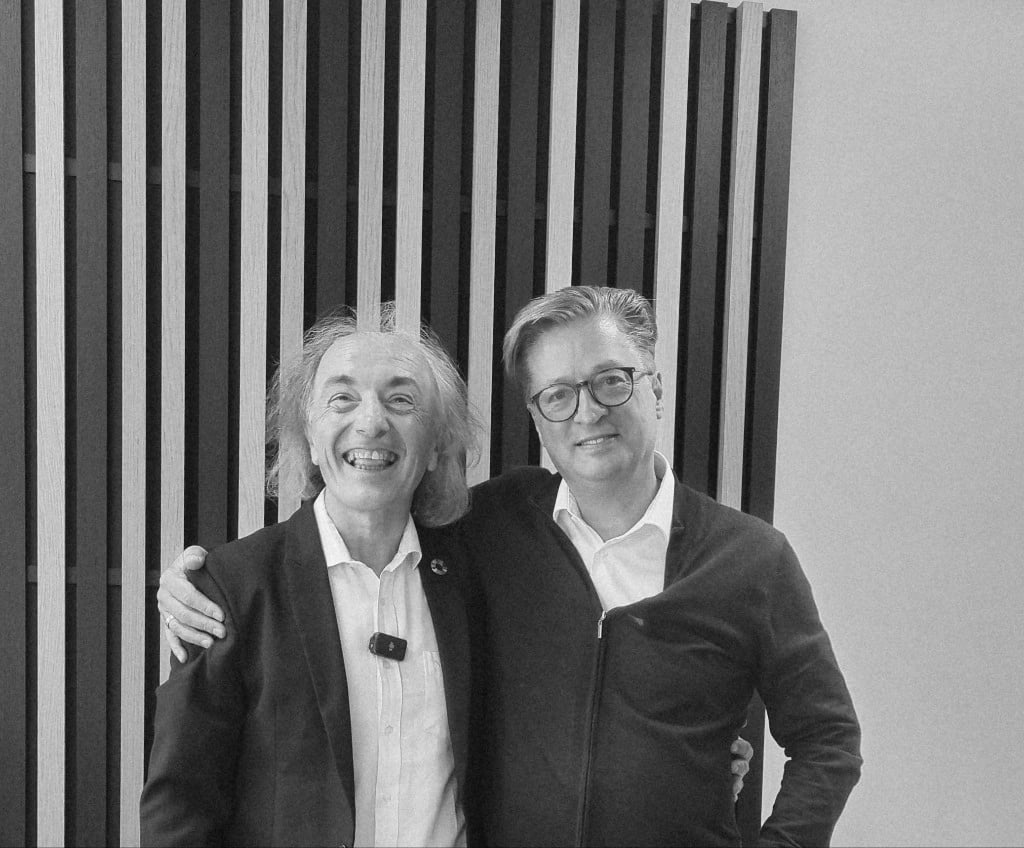
Photo: (left) Christos D. Katsanos & (right) Hub Janssen
Q: Do you believe we can feed eight billion people sustainably through greenhouse growing?
Janssen:
Five years ago, I would’ve said no. But then I saw something in India that changed my mind. Hydroponic potatoes.
Because, let’s be honest: you can’t feed the world on tomatoes and cucumbers. You need calories such as rice, potatoes, staples. And now, we can grow them hydroponically. That’s a game-changer.
Especially in water-scarce regions like Africa. Water will be our greatest crisis. It’s evaporating faster than it replenishes. In ten years, water scarcity will explode. But controlled systems, closed-loop greenhouses, can save enormous quantities.
“So yes, I believe it’s possible now. We can feed eight billion people sustainably.“
Q: Grodan’s stone wool substrates are trusted by growers worldwide. Beyond the technical advantages, what do you believe is their real impact on growers’ lives?
Janssen:
Stone wool is unique because it’s inert, it doesn’t interfere. That means the grower can steer the plant’s behavior with precision. The material responds instantly to changes in light or temperature.
It’s like giving the plant a language you can understand and control.
And Grodan is not just about stone wool. It’s stone wool plus knowledge plus people.
“That combination is what we call Grodan.”
Q: In your time as CEO, Grodan has moved beyond substrates into digital tools like GroSens and e-Gro. What excites you most about the future of precision growing?
Janssen:
Reach. That’s the real magic.
We used to have a few dozen crop advisors, each helping 20 or 30 growers. Valuable, but limited. Digital tools multiply that knowledge infinitely.
These systems work 24/7, 365 days a year. They don’t sleep, and they don’t forget. They help every grower, anywhere, at any moment.
” That’s the future, not replacing people, but extending their expertise through technology.”
Q: And where are the biggest gaps today in data-driven growing?
Janssen:
Collaboration.
We made the mistake early on of thinking we could do it alone, that Grodan could “own” the digital growing space. But AI and precision agriculture are ecosystems. You must partner with climate computer makers, sensor firms, universities.
Growers also need to see the value and invest. These tools are expensive to build but priceless in potential. They predict problems before they happen.
“That’s the future of resilience in horticulture.”
Q: You mentioned AI. How do you feel about ChatGPT and the rise of generative AI?
Janssen:
I love it. I use it almost every hour!
Honestly, it’s revolutionary. I’ve used it to test business plans, draft emails, even to critique my strategy. It challenges me, asks questions I didn’t think of.
People fear it will replace them. I don’t. I see it as a partner, a co-pilot. Like all great tools, it pushes us forward. Yes, some jobs will change, but that’s always been true. My grandfather saw the first car and thought it was the end of the world. Then came planes. Then the moon landing.
“Humanity doesn’t stop, it evolves.”
Q: Do you imagine technical support in 2040 being more predictive and remote or will the human element always remain?
Janssen:
There will always be a human element.
AI can interpret data, but only a human can see a plant, feel it, sense it. That “eye of the grower” is irreplaceable. Maybe by 2050 we’ll have advanced imaging that can mimic it, but even then, we’ll find new roles.
“Humans adapt. That’s our genius.”
Q: Speaking of adaptation, do you fear any disruptive alternatives that could one day replace stone wool, the very foundation of Grodan’s business?
Janssen:
You always have to be on your marks.
Look at Nokia, Kodak. Giants who vanished because they grew arrogant. The same could happen to us if we stop innovating.
It could be organics, it could be a new artificial medium, who knows?
“The point is to stay humble and curious. That’s survival.”
Q: Circularity is another big theme today. What does true circularity mean for Grodan beyond recycling and reuse?
Janssen:
It means thinking from cradle to grave.
It starts with design, the composition of our stone, our binders, our surfactants. We’re working toward a substrate that, when you’re done with it, you could throw into nature and it would do good.
Basalt, our base material, can actually store carbon in the soil. Imagine: using your used slab to capture CO₂ instead of emitting it.
“That’s real circularity, when nature smiles back!”
Q: Let’s talk about sustainability and resilience. You’ve said before that resilience must come before sustainability. Why?
Janssen:
“Because we can’t sustain what we can’t survive.”
Resilience means the whole sector, not just one company, can respond to crises: energy shocks, climate disruptions, political turmoil.
But we, as consumers, also need to change. We want strawberries in December, tomatoes in January. That’s not resilience, that’s indulgence.
If we ate seasonally and reduced meat consumption, we could cut emissions, save land, and strengthen food systems. Simple as that.
Q: Grodan is part of ROCKWOOL Group, which has made sustainability central to its identity. How does Grodan’s vision fit within that larger story?
Janssen:
Very closely. ROCKWOOL is electrifying its factories, reducing emissions, and rethinking everything, from carbon to nitrogen.
In Denmark, you can’t build a house unless you meet strict carbon criteria. That’s the level of accountability coming everywhere and we’re preparing for it.
“Sustainability isn’t marketing anymore. It’s license to operate.”
Q: Let’s move from sustainability to profitability. The UN’s 17 Sustainable Development Goals set a global agenda. Which resonate most with Grodan?
Janssen:
We studied this with Wageningen University. Three goals stood out:
- Clean water and sanitation (Goal 6)
- Responsible consumption and production (Goal 12)
- Life on land (Goal 15)
Water, especially, is central. In open field farming, you use 60 liters of water to grow one kilo of tomatoes. In a greenhouse, you use about 11. In a closed system as low as 8.
“Every drop saved is life preserved.”
Q: Across the industry, there’s growing concern about fewer young people entering greenhouse careers. Why do you think that is?
Janssen:
It’s a real problem. The industry isn’t seen as sexy.
Young people want clean, digital, creative work. They don’t imagine greenhouses as innovation hubs, but they are!
Part of our job is to show them the impact: feeding people sustainably, reducing waste, tackling climate change.
“That’s purpose and purpose attracts talent.”
Q: Grodan has long supported knowledge platforms like the International Propagation Seminar and the Green Expert Platform. How do these help shape the industry and perhaps attract young minds?
Janssen:
Knowledge is the engine of progress.
These platforms connect experts worldwide, building networks that outlast any single event.
Now, we’re taking it further, we’re training an internal AI system on all our research, so our people can ask it questions, get insights, and learn faster. Eventually, we’ll open that up externally. Imagine a “Grodan University” that runs 24/7, in every language, powered by collective intelligence.
“That’s where we’re headed.”
Q: Finally, if you were speaking directly to a 22-year-old grower or economist today, what would be your advice about the future of food, technology, and sustainability?
Janssen:
“Be curious. Be idealistic. And find joy in impact.”
This industry is not just about plants, it’s about people, and the planet. You’re working on something essential: food security. That’s purpose.
If you bring enthusiasm, if you stay humble and fact-based, you’ll thrive.
And maybe, just maybe, we’ll create a world where every tomato, every cucumber, every potato tells a story of sustainability.
Epilogue
As our conversation wrapped, I realized that Janssen’s optimism isn’t naïve, it’s disciplined. The kind that comes from decades of watching innovation rise, falter, and rise again.
Grodan’s story, like hydroponics itself, is one of transformation from stone turned into growth, then data into knowledge, and finally knowledge into life.
Perhaps that’s the real lesson of this conversation: that sustainability begins not in systems, but in mindset in the quiet belief that we can always grow better.


